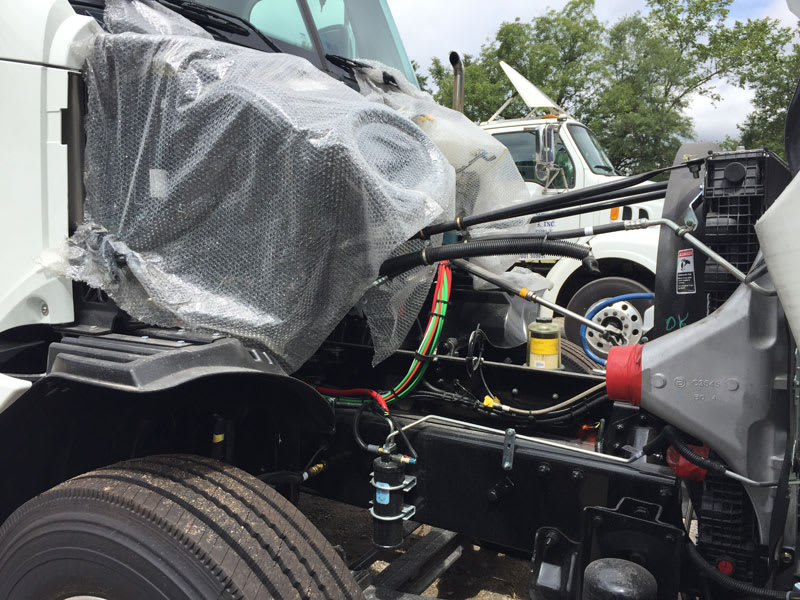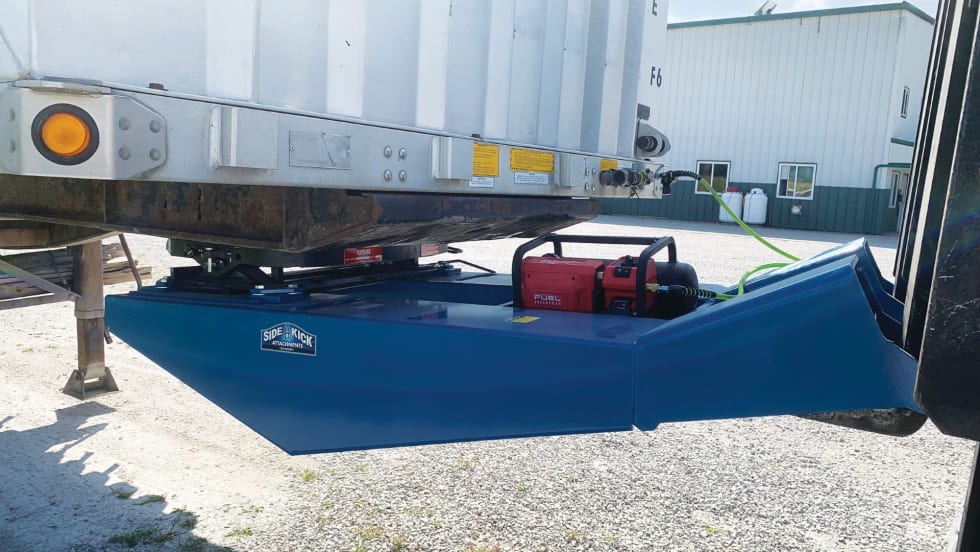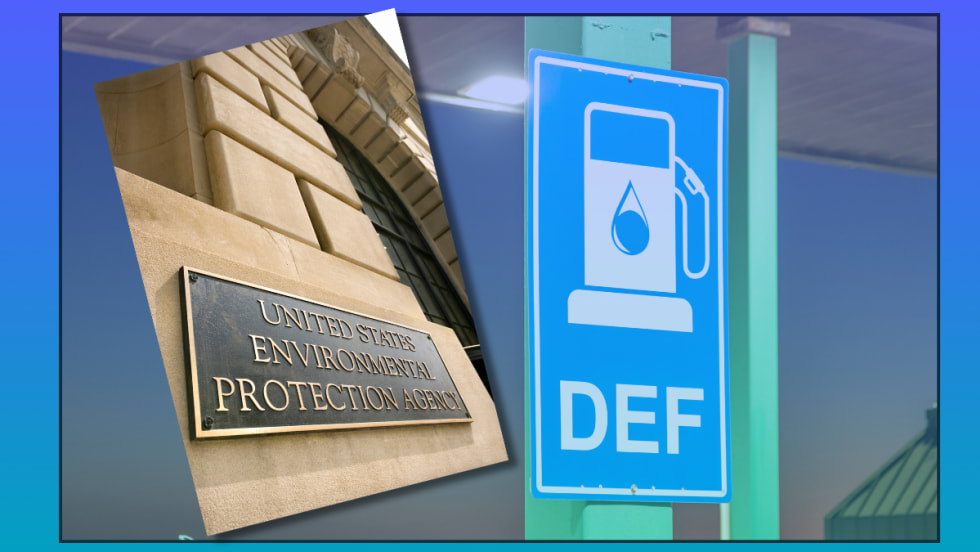Tennessee Tech said some of the conclusions of its study of glider kit emissions were not accurate, and in fact that the data does not support its earlier statements that the remanufactured engines used in glider kits performed as well as OEM engines certified under EPA emissions standards.
In an Oct. 23 letter to the Environmental Protection Agency, university officials explained that a review of the study determined that the following statement from a letter about its findings was inaccurate: “The results of the emissions test were compared with the 2010 EPA emissions standards for [heavy-duty vehicles]. Our research showed that optimized and remanufactured 2002-2007 engines and OEM ‘certified’ engines performed equally as well and in some instances out-performed the OEM engines.”
The university said that statement is inaccurate in two respects. First, the field-testing procedures used by Tennessee Tech “were not sufficient to justify comparisons with EPA emissions standards.” And secondly, the university found that the data does not support the statement of findings.
The letter also went to Fitzgerald Glider Kits and Congresswoman Diane Black, both of whom used the results of the study to push for a rollback in the glider kit restrictions of the greenhouse gas emissions/fuel economy rules.
The study, Environmental & Economic Study of Glider Kit Assemblers, came under fire after it was revealed that Fitzgerald Glider Kits funded the research. According to a report by The Washington Post, Fitzgerald paid about $70,000 to finance the study and later agreed to build a new academic research center for TTU.
The results of the study purported to show that glider kits vehicles did not have a significant environmental impact when compared to modern, emissions-compliant trucks and engines. This contradicted a previous EPA study that found that NOx emissions from glider kit vehicles were around 40 times higher than those from compliant vehicles.
In turn, that EPA study has been criticized for Volvo’s role in providing test vehicles, and the agency earlier this year announced it would take a closer look at that research.
In February, Tennessee Tech asked EPA officials to not use its study while it investigated its validity.
University officials said the review found the research “was methodologically sound,” but only for the stated purpose of establishing baseline pollution levels for Fitzgerald’s trucks and for newly manufactured engines.
HDT reached out to Fitzgerald for comment, but the company has not responded. However, The Hill reported that Fitzgerald lobbyist Jon Toomey says the company stands by the study, saying "the results and the underlying data are valid and worthy of consideration. The letter vindicates the study and the results speak for themselves.”
Meanwhile, the status of a proposed rule to repeal the GHG glider kit provisions remains unclear.














